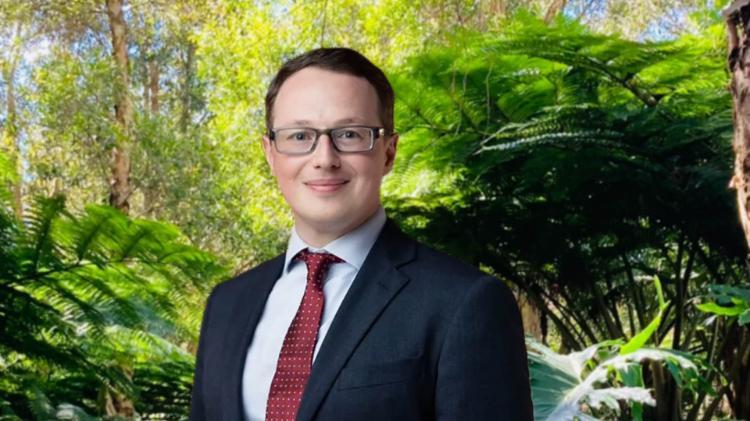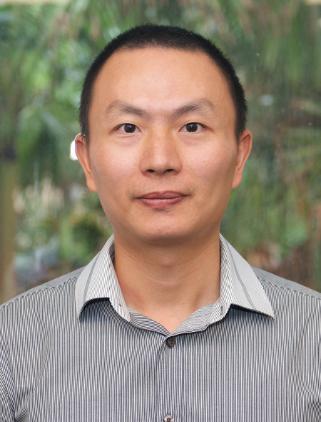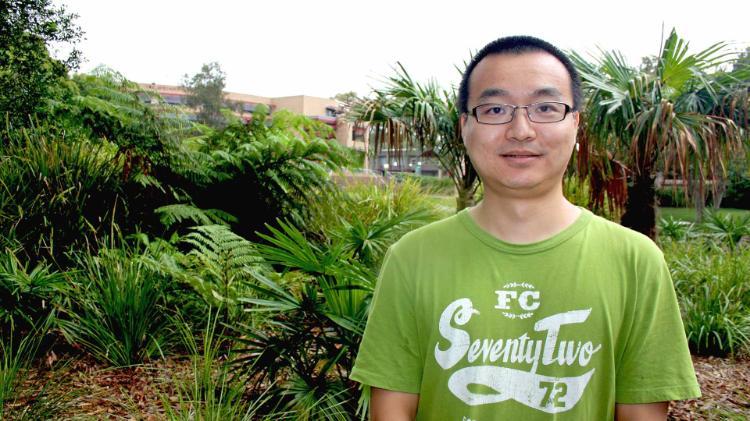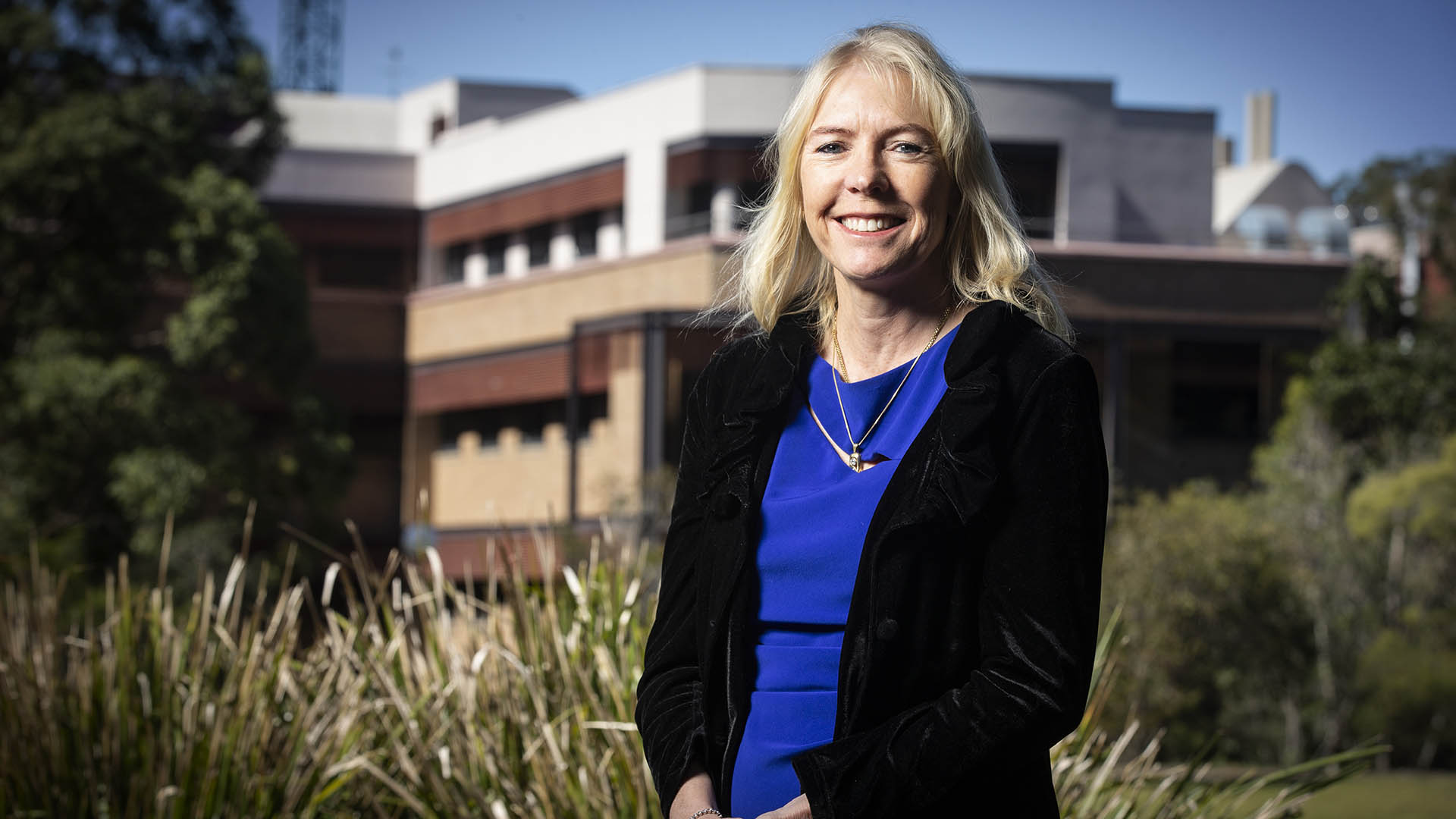September 16, 2022
Four researchers named as ARC Future Fellows
UOW projects receive $4M through funding program for outstanding mid-career researchers
Four University of Wollongong (UOW) researchers were awarded 2022 Future Fellowships, and close to $4 million in total funding, under the Australian Research Council funding scheme announced on Tuesday 13 September.
The successful UOW researchers were Professor Karen Charlton, Professor Thomas Astell-Burt, Dr Fuchun Guo and Associate Professor Jiakun Liu.
Future Fellowships are awarded to outstanding mid-career researchers to undertake innovative research in areas of national importance.
Creating a sustainable, healthy, and equitable food system
Professor Karen Charlton (pictured above), from the School of Medical, Indigenous and Health Sciences, is an internationally recognised nutrition scientist. She was awarded her ARC Future Fellowship and funding of $1,066,940 over four years for her project, “Creating a sustainable, healthy, and equitable food system”.
“Urgent action is needed to reduce the environmental impact of the food system in Australia,” Professor Charlton said.
“Current food production methods and dietary patterns are unsustainable in ensuring supply and supporting human and planetary health. What is needed is a more local approach to food systems and livelihoods.
“This project aims to develop a ‘paddock-to-plate’ food strategy in regional NSW that can be up-scaled to other areas.
“We will work with key stakeholders (growers, agribusiness, food retail, Indigenous land affairs, civil society organisations, local governments) to co-design solutions that can be adopted through online farmers markets, a Love Local food initiative, and transformation of university campus food environments.”

Professor Astell-Burt's project will look at how urban greening strategies can reduce loneliness and despair.
Nature-based strategies to reduce loneliness
Professor Thomas Astell-Burt’s Future Fellowship project, “Generating evidence for nature-based strategies to reduce loneliness”, aims to develop effective and scalable community-focussed solutions to the loneliness epidemic and has been awarded funding of $1,046,924 over four years.
Professor Astell-Burt is Professor of Population Health and Environmental Data Science in the School of Health and Society and an international expert in the relationship between nature and human health. He co-leads a multi-university research group called the Population Wellbeing and Environment Research Lab (PowerLab).
“Loneliness and despair are reportedly increasing due to social and economic upheaval caused by the COVID-19 pandemic,” Professor Astell-Burt said.
“At the same time, governments in Australia and elsewhere are investing in community greening to improve liveability and to combat climate change; this is a major opportunity for positive change.
“My work has shown that these greening strategies can reduce loneliness and despair. This can happen not only by bringing people together for rest and play, but also by providing settings for solace and respite, and by mitigating factors that isolate people indoors, such as heat and violence.
“Greening cities equitably and finding ways to enable and empower people to spend more time in nature could hold the keys to a more sustainable, equitable and socially nourishing post-COVID recovery. Yet, little evidence-based guidance exists on how to do this equitably and effectively.
“My work will address this evidence-gap to aid the development of strategies that reduce loneliness and despair. Connecting with nature may be an effective way we can reconnect with each other.”

Dr Fuchun Guo will develop new cryptography technologies to support Australia’s cyber security.
Provably Secure Cryptography Techniques
Dr Fuchun Guo is a Senior Lecturer in the School of Computing and Information Technology and a researcher in UOW’s Institute of Cybersecurity and Cryptology, where his focus is on developing provably secure cryptography.
His project, “Provably Secure Cryptography Techniques: Effective, Elegant, and Economic”, has received $884,889 in funding over four years and will support Australia’s cybersecurity needs.
“Digital technology such as mobile computing, cloud computing and the Internet-of-Things, which continue to provide services that make our lives better, rely on cryptography to protect security,” Dr Guo said.
“Even though modern computer cryptography techniques have been studied and explored for more than 40 years, the gap between the need for security mechanisms and the delivery of cryptography techniques is still hard to fill.
“The Australian Government has identified the $5.6 billion cyber security sector as crucial for Australia’s future growth and prosperity. This project will produce new cryptography technologies and approaches to secure software applications, mobile devices, cloud computing and critical infrastructure.
“The outcomes will also support the nation’s cyber security in terms of resilience and effective responses to cyber intrusions and attacks. It will enable sovereign cyber security capacity critical to Australia’s security in a rapidly changing world.”

Associate Professor Jiakun Liu's research will tackle mathematical problems and lead to new image recognition techniques that can be applied to develop safer autonomous vehicles, robotics and more powerful security systems.
Monge-Ampere type equations and their applications
Associate Professor Jiakun Liu from the School of Mathematics and Applied Statistics was awarded a Future Fellowship worth $933,636 over four years for his project, “Monge-Ampere type equations and their applications”.
“The Monge-Ampere equation is an archetype of fully nonlinear partial differential equations with a wide range of applications,” Associate Professor Liu said.
“Consider the task of earth moving in a building site: filling some holes, excavating others, and moving and shaping piles of dirt into desired forms. How do you do this with minimal fuel usage, allowing for the fact that your excavator is not accurate to the nearest sand-grain?
“This physical problem is hard, but at least visible. The same mathematical problem, called ‘optimal transport’, arises in image processing in artificial intelligence where the ‘dirt’ is light intensities and colours in a computer image and must be described using more than three dimensions.
“This project will tackle such mathematical problems, leading to new image recognition techniques that can be practically applied to develop safer autonomous vehicles, robotics and more powerful security systems.
“Working with engineers and computer scientists, we will develop optimal algorithms that enable such innovations. This will place Australia at the forefront of the global artificial-intelligence and robotics development race, which is essential to our sovereign capability in security and defence.”
